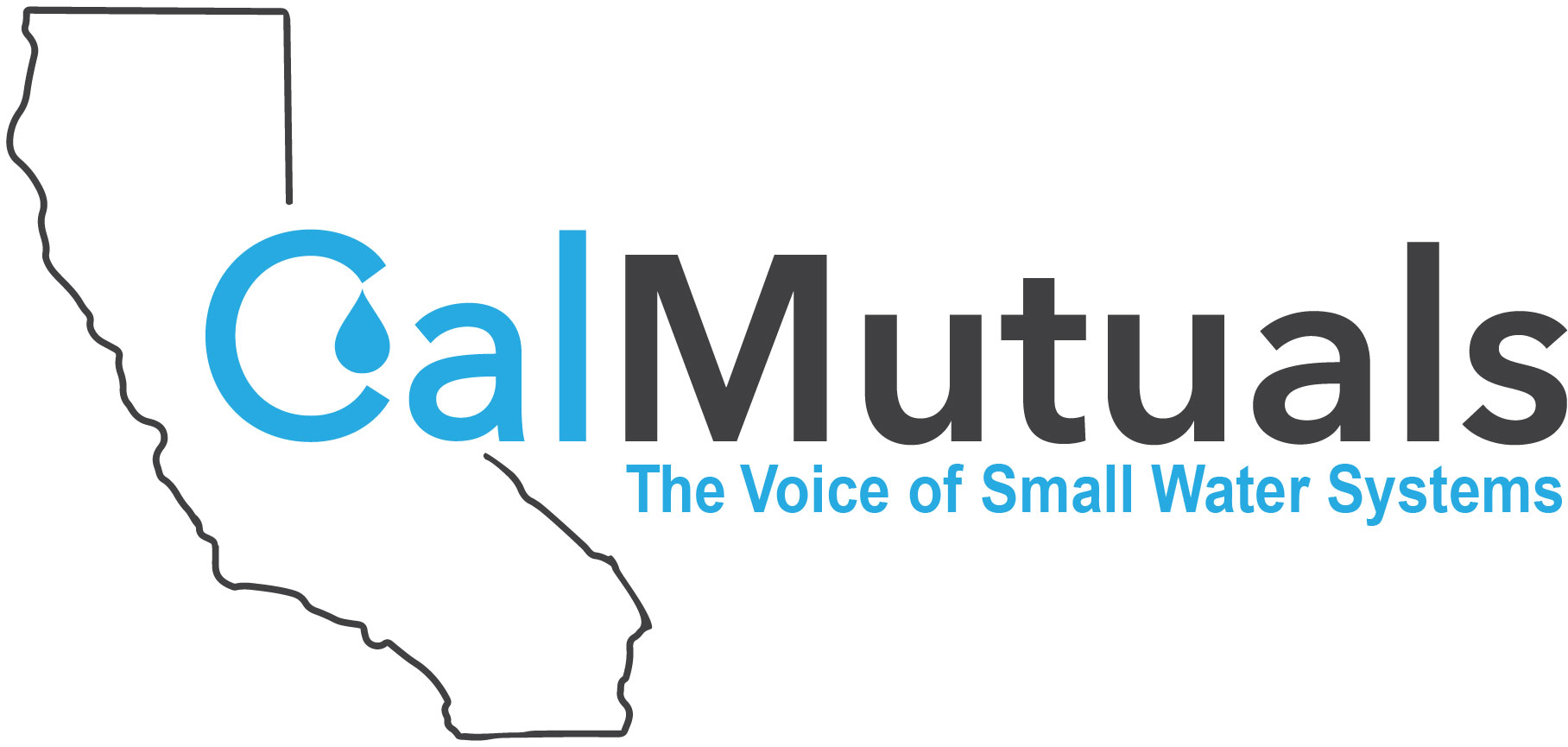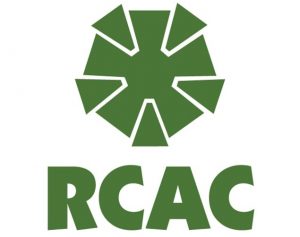Webinar | Hazard Communication and Global Harmonization for Managers
Webinar OnlyEmployees have the “Right to Know” about the chemicals and materials at work that can cause illness or injury. As an employer, you must identify the hazards of chemicals used on the job, communicate these hazards to employees, and protect employees from them. The Global Harmonization System (GHS) provides an approach to classifying chemicals across regulatory agencies, making it easier for employees to understand safety information on hazardous materials. This session covers: Basics of safe chemical use in the workplace Components of a hazard communication program Steps required for an effective hazard communication program Employer and employee responsibilities Prevention of accidents, injuries and illnesses related to chemicals

